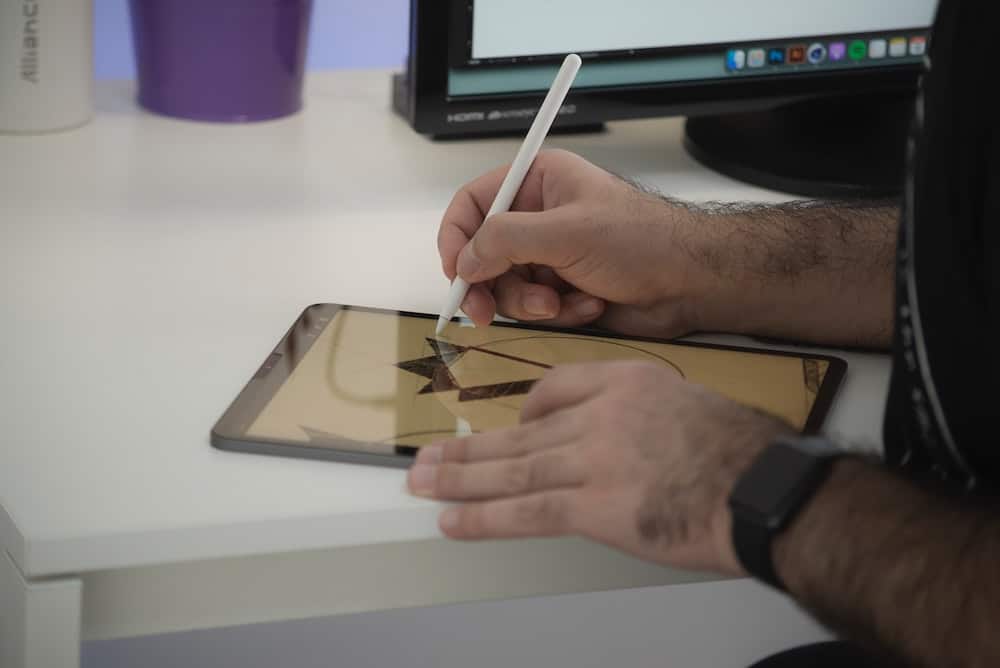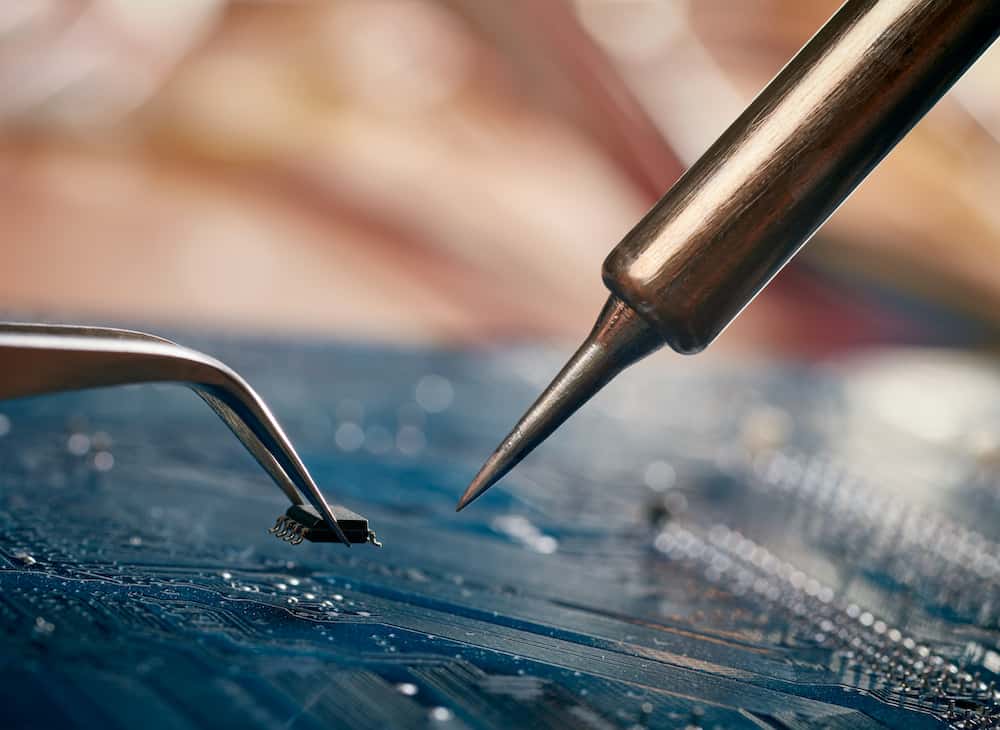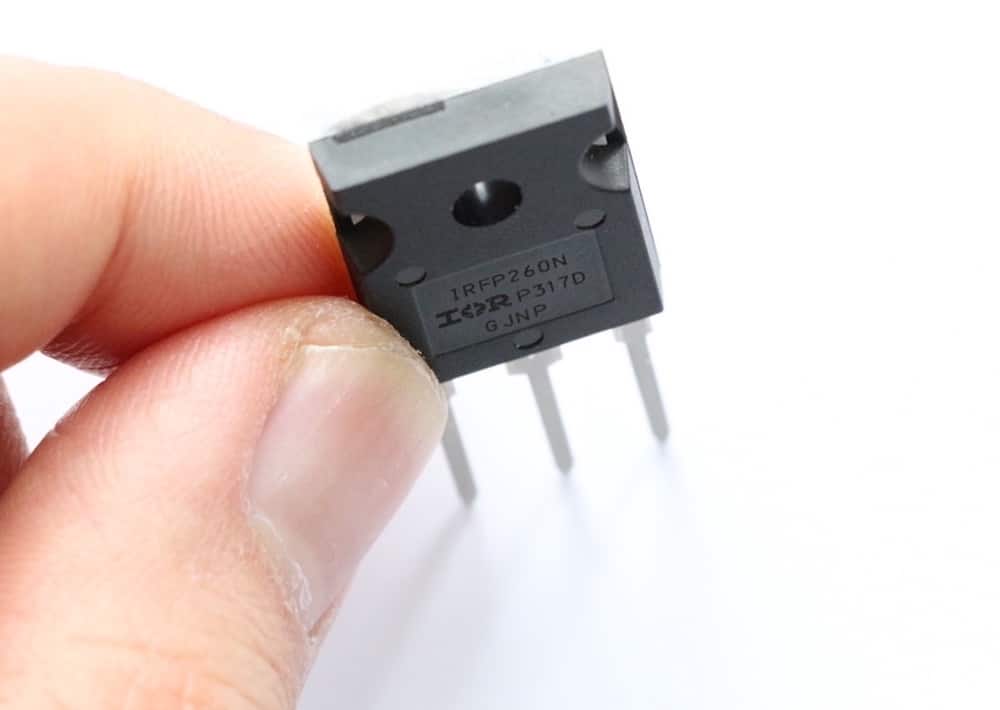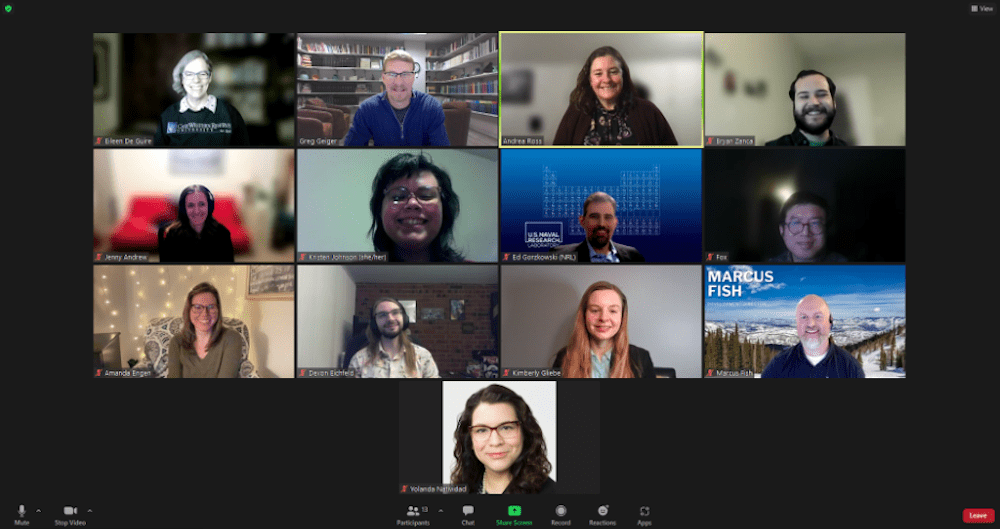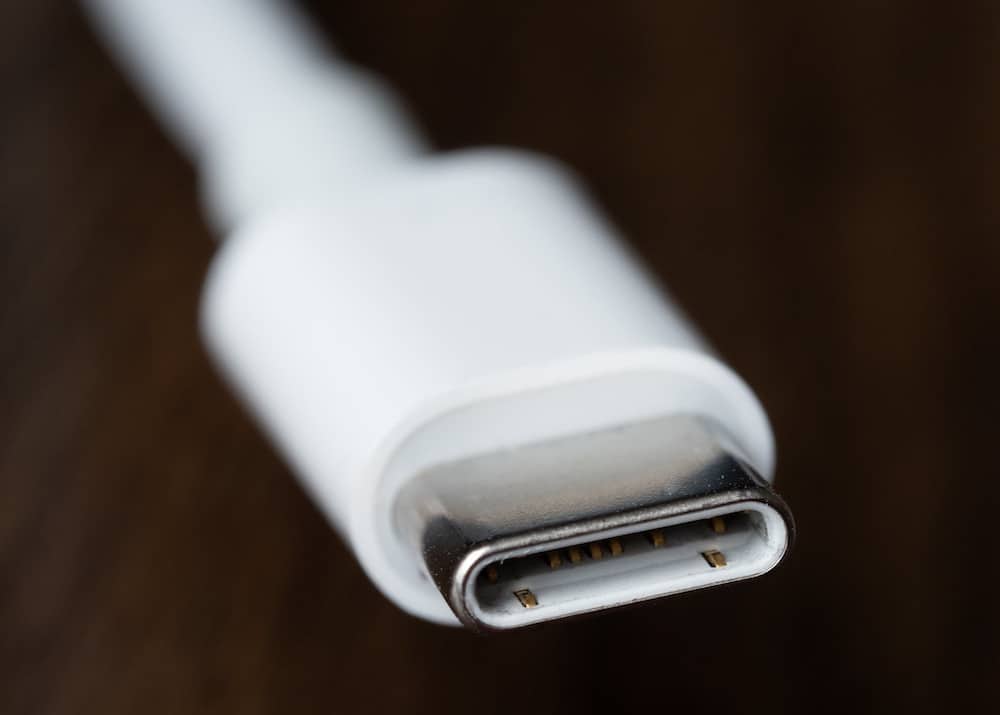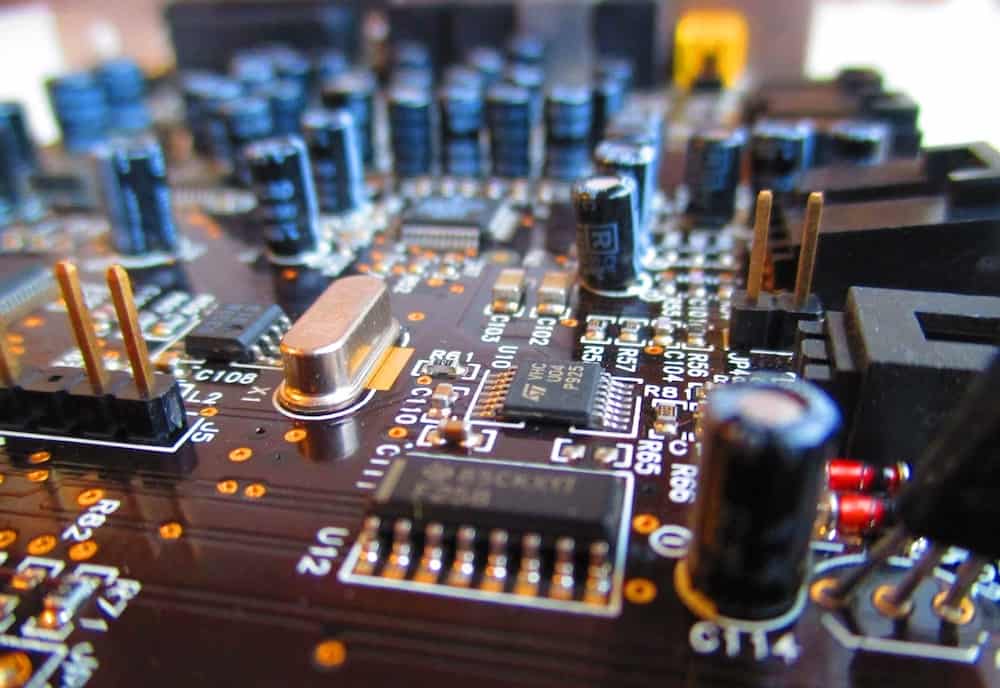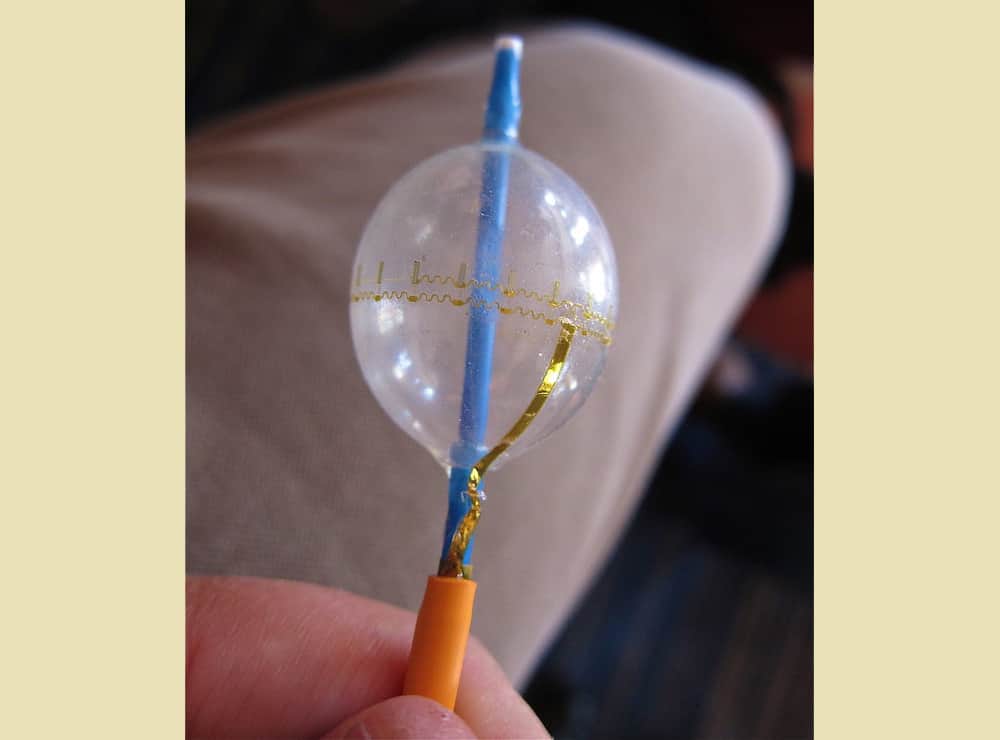While India does well in research and development of semiconductor chips, the country has few semiconductor fabrication plants and none are for commercial use. In recent months, the Indian government laid the groundwork to bring commercial chip manufacturing to India.
Read MoreAn electronic screen that mimics a paper-like surface is a desirable feature for many consumers. Texturing the screen is one way manufacturers attempt to achieve this experience, and researchers in Japan compared the friction behaviors of three commercial stylus tips on flat and textured glass surfaces.
Read MoreThe April 2022 issue of the ACerS Bulletin—featuring ferroelectric materials for negative capacitance electronics—is now available online. Plus—new C&GM.
Read MoreMetal–oxide–semiconductor field-effect transistors are integral to modern electronics. As miniaturization reaches its limits to further improve the efficiency of MOSFETs, researchers are looking to replacing certain parts of the device with ferroelectric materials.
Read MoreSemiconductor chip manufacturer Intel announced it is committing $20 billion to build a manufacturing mega-site on the outskirts of Columbus, Ohio. Learn about some of the big events that have affected the semiconductor industry in recent years and how Intel’s announcement fits into the narrative.
Read MoreFor the second consecutive year, the annual Electronic Materials and Applications Conference was held as a virtual meeting due to the COVID-19 pandemic. The pivot to a virtual format did not hamper the exchange of quality technical content, however—nearly 300 attendees from 22 countries logged in to view the more than 300 oral and poster presentations.
Read MoreEver since some major phone producers pledged to harmonize chargers for data-enabled mobile phones in 2009, most chargers are now based on USB ports and connectors. Now, the European Commission is proposing legislation that would require USB Type C be the standard port for all smartphones and many other electronic devices.
Read MoreElastic strain engineering is an emerging technique for enhancing the performance of functional materials. An international collaboration involving Skoltech, MIT, and Nanyang Technological University developed an expanded machine learning framework to accelerate the exploration of how strain affects semiconductor properties.
Read MoreThe August 2021 issue of the ACerS Bulletin—featuring materials for electronics—is now available online. Plus—USGS Mineral Commodity Summaries and PACK Fellowship Program.
Read MoreThe expanded range of motion available to stretchable electronics makes it difficult to maintain stable thermal conductance under large deformation. Two researchers from China describe several aspects of thermal management strategies that must be considered and offer several possible solutions that are worth further investigation.
Read More
